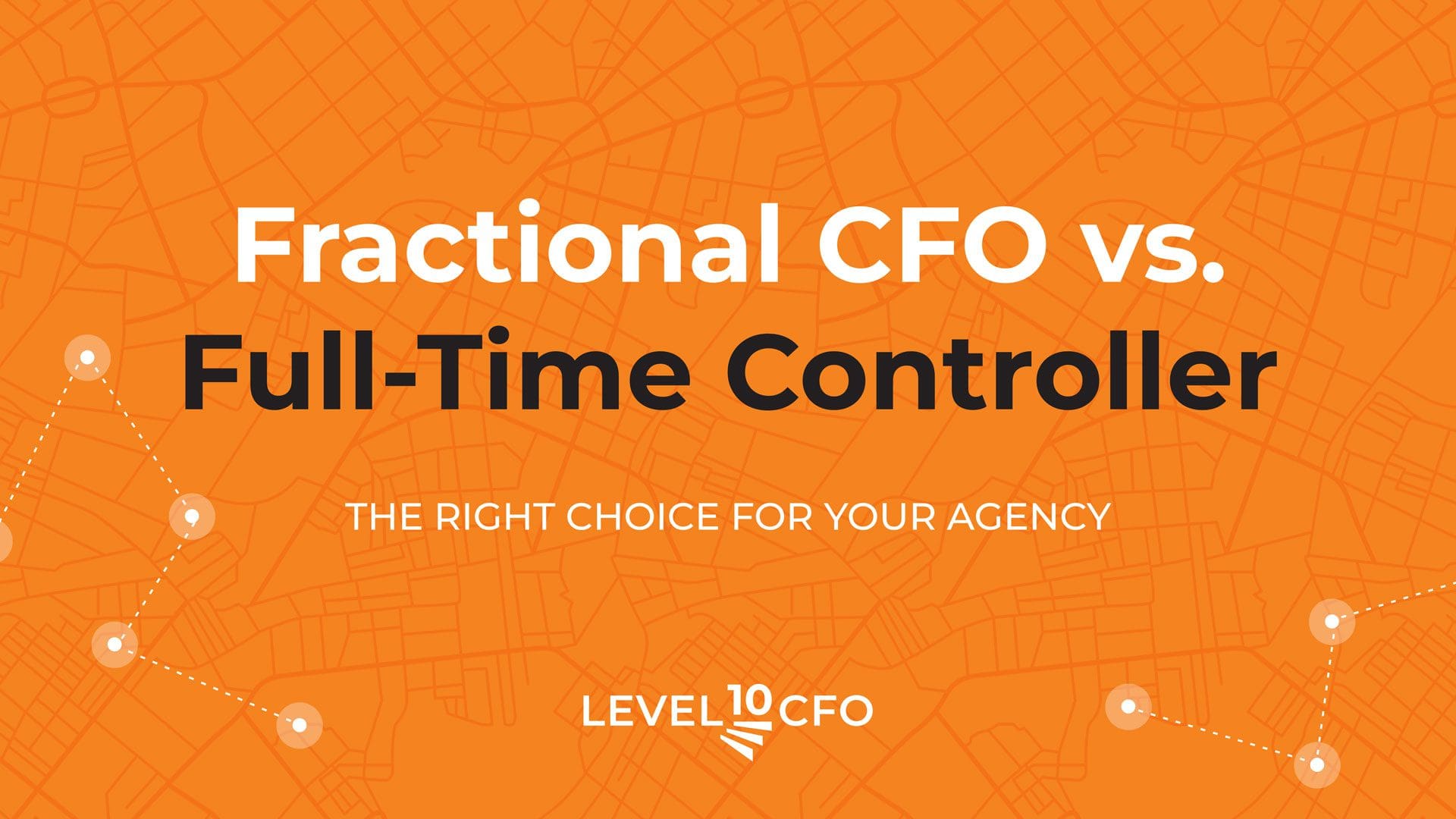Running a small-medium sized business is an exciting journey, marked by growth and increased complexity. As your business expands, so do the financial intricacies that come with it. This is where the decision to hire a dedicated controller can make a significant difference. A controller serves as the financial backbone of your organization, providing essential oversight, expertise, and strategic guidance. In this blog post, we’ll delve into the key reasons why your business needs a controller and what their role entails.
Why Do You Need a Controller?
Financial Management
The growth of your business brings about an intricate web of financial operations. From cash flow management to financial analysis, a controller’s role is pivotal in ensuring accuracy, efficiency, and strategic decision-making. Having a dedicated professional to manage these operations allows you to focus on what you do best, leaving the financial side of things in good hands.
Accounting Oversight
While bookkeepers handle the day-to-day financial transactions, a controller takes the reins to ensure the accounting function runs like a well-oiled machine. They meticulously review and validate financial data, maintaining the integrity of your company’s financial records. This oversight is critical to identify any discrepancies or irregularities and to ensure compliance with industry regulations.
Internal Controls
Protecting your business from fraud, errors, and inefficiencies is of utmost importance. A controller plays a vital role in designing, implementing, and monitoring robust internal controls. These controls act as a shield, fortifying your business against potential risks while promoting transparency and accountability throughout the organization.
Complex Financial Transactions
In the dynamic world of business, complex financial transactions are inevitable. Whether it’s acquiring another company, securing equity or debt financing, or managing extensive inventory, a controller’s expertise becomes invaluable. They provide strategic insights, risk assessment, and financial analysis to guide you through these intricate processes, ensuring the best possible outcomes.
What Do Controllers Do?
Financial Reporting
Controllers oversee the preparation and presentation of financial statements, a critical aspect of transparent and credible financial reporting. They ensure that these statements are not only accurate and timely but also compliant with accounting standards and regulations. This ensures that your company’s financial health is accurately portrayed to stakeholders.
Budgeting & Forecasting
A controller’s involvement in budget preparation, financial forecasting, and variance analysis is crucial for effective financial planning. By analyzing trends and predicting potential scenarios, they help you make informed decisions that align with your business goals, while keeping a close watch on financial performance.
Tax Compliance
Tax compliance is a complex task that demands precision and diligence. Controllers play a pivotal role in ensuring that your company meets its tax obligations. They oversee the preparation of tax returns, stay updated on ever-evolving tax laws, and strategize to minimize tax liabilities while staying within legal boundaries.
Manage Accounting Staff
Controllers often take on the responsibility of supervising the accounting team. This includes ensuring that all financial tasks are completed accurately and on time. By fostering a cohesive and efficient team, controllers contribute to the smooth operation of the financial department.
Liaise with External Parties
Controllers act as a bridge between your company and external parties. They communicate with external auditors, tax professionals, and financial institutions on your behalf. This ensures that all interactions are professional, accurate, and aligned with your business’s financial objectives.
What Does Hiring a Controller Cost?
Salary
The salary of a controller varies based on factors such as region, industry, and the complexity of the company. On average, annual salaries range from $70,000 to $150,000 or even more for industries with specialized demands. In larger cities or highly specialized sectors, controllers may command even higher compensation.
Additional Costs
Consider the broader financial implications when hiring a controller. Beyond the base salary, you’ll need to factor in benefits, bonuses, taxes, and other employment-related expenses. These additional costs contribute to the overall investment in acquiring top financial talent.
Recruitment Costs
If you opt to use a recruiting firm to find your ideal controller, be prepared for associated fees. These fees are typically a percentage of the hired candidate’s first-year salary. While they add to the initial expense, they can streamline the hiring process and ensure you find a qualified professional who aligns with your business’s needs.
Benefits of Hiring a Controller
Streamlined Processes
Efficiency becomes the hallmark of your financial operations with a controller in place. Through meticulous oversight and optimization, month-end closes become smoother, and reporting deadlines are met with ease. The streamlined processes not only save time but also free up resources for other strategic initiatives.
Risk Mitigation
Internal controls become a fortress against potential risks like fraud, errors, and financial discrepancies. With a controller leading the charge, your business gains a vigilant guardian that meticulously monitors financial transactions, safeguarding your assets and reputation.
Accurate Financial Data
Informed decision-making hinges on accurate, reliable financial data. A controller ensures that your financial records are impeccable, providing you with a clear understanding of your company’s financial standing. With this data, you can make strategic choices that align with your business goals and market trends.
Compliance and Governance
Financial regulations and accounting standards are a maze that every business must navigate. With a controller, you have a compass. They ensure that your company complies with all financial regulations, minimizing the risk of penalties or costly financial restatements. Your business’s reputation remains untarnished, and your operations stay within legal boundaries.
Peace of Mind
With a controller overseeing your financial realm, business owners and managers can focus on their core operations with tranquility. The assurance that financial matters are under the competent supervision of a professional allows you to direct your energy toward growth, innovation, and achieving strategic milestones.
Conclusion
In the fast-paced world of business, making the right moves requires a solid foundation of financial stability. Hiring a controller for your small-medium sized business doesn’t just bridge a gap; it transforms your business trajectory. The benefits span from operational efficiency to unwavering compliance, and from accurate decision-making to liberated focus on core business endeavors. With a controller at the helm of your financial ship, you’re not just ensuring stability; you’re carving a path toward sustained success. If you have questions or need help with your business’s finance and accounting functions, don’t hesitate to reach out to Level10 CFO.


